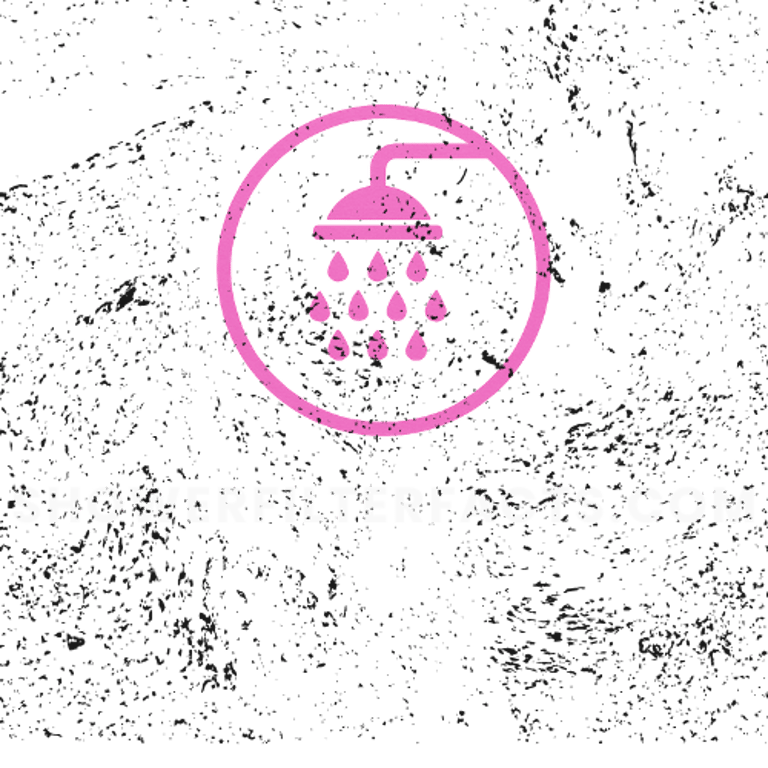Shower Filter Facts
What's really in your water? Find the best filters for healthier showers and cleaner skin.
Frequently Asked Questions
What are shower filters?
What Are Shower Filters?
They’re the last line between you and what’s in your tap: free chlorine/chloramine, volatile disinfection by-products (like THMs), metals (lead/mercury), and VOCs. In hot water, many of these become vapor and fine mist you inhale—a faster route into your body than drinking. A good filter cuts that chemical load before it hits your lungs, skin, and hair.
How do I choose a filter?
What are the benefits?
How often should I replace filters?
Do shower filters really work?
Cleaner water and cleaner air in your bathroom. A good shower filter reduces free chlorine/chloramine and VOC by-products before hot water turns them into vapor you inhale. Result:
Calmer skin barrier: less dryness, redness, itching, and flare-ups for sensitive skin.
Healthier scalp & hair: keeps natural oils, tames frizz, and helps color last longer.
Easier breathing: fewer chlorinated fumes and aerosols—better for kids, asthmatics, and anyone with reactive airways.
Better feel & smell: no “pool” odor; soap rinses cleaner, shaving stings less.
(Heads-up: filters don’t soften hard water or remove fluoride; they’re about cutting the chemical load you breathe and absorb in a hot shower.)Yes, they effectively reduce chlorine and other contaminants, improving water quality for a better shower experience.
Certified filters significantly reduce free chlorine and can cut certain VOCs/DBPs—meaning less chemical vapor in the steam you breathe and less irritation for skin and scalp. Expect real reductions, not miracles: filters don’t soften hard water or remove fluoride salts, and performance depends on media and contact time. No certification, no trust.To choose a filter, consider your water quality, filter type, and specific needs for skin and hair health.
Know your water: If your utility uses chlorine, look for KDF-55 + activated carbon. If it uses chloramine, you need catalytic carbon (or vitamin-C neutralization).
Demand proof: Look for NSF/ANSI 177 (free-chlorine reduction), plus 42/61 where applicable.
Build matters: All-metal or heat-rated housings, standard replaceable cartridges, 1.8–2.5 GPM flow.
Skip gimmicks: “Mineral balls/magic beads” won’t fix chloramine or VOCs. If you’re on well water, add a sediment/iron pre-filter first.Benefits include softer skin, healthier hair, and reduced exposure to harmful chemicals in your shower water.
Most cartridges are rated around 10–12k gallons (≈3–6 months for 1–2 people)—faster with chloramine, super-hot showers, or a bigger household. Don’t wait for the “pool smell,” itchy skin, or flat hair: an exhausted filter can become a bacteria trap. Replace on schedule and reset the clock after any heavy-use period.Replace filters every 6 to 12 months, depending on usage and water quality.
Subscribe for showerfilterfacts.com
Get valuable tips for healthier showers and skin care routines that can help you improve your overall hygiene and well-being. Discover ways to choose the right products, maintain optimal moisture levels, and enhance your shower experience for both relaxation and rejuvenation.

Explore
Discover the best filters for healthier showers.
Contact
Support
showerfilterfactscom
© 2025. All rights reserved.
